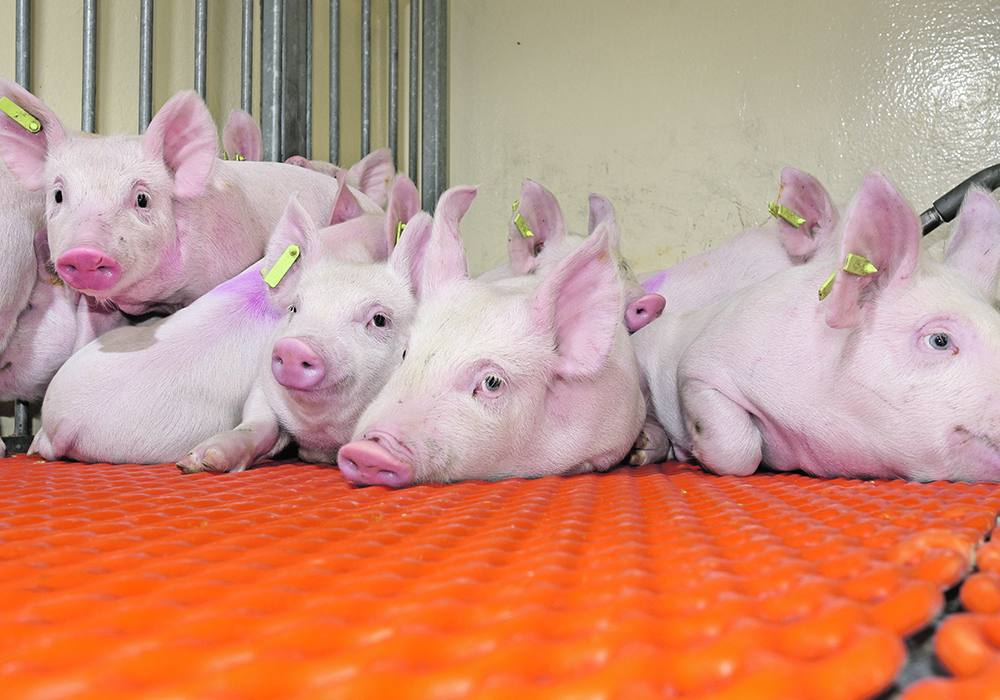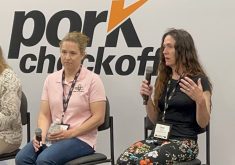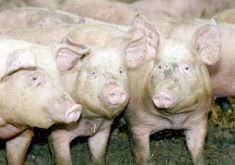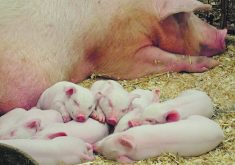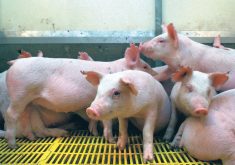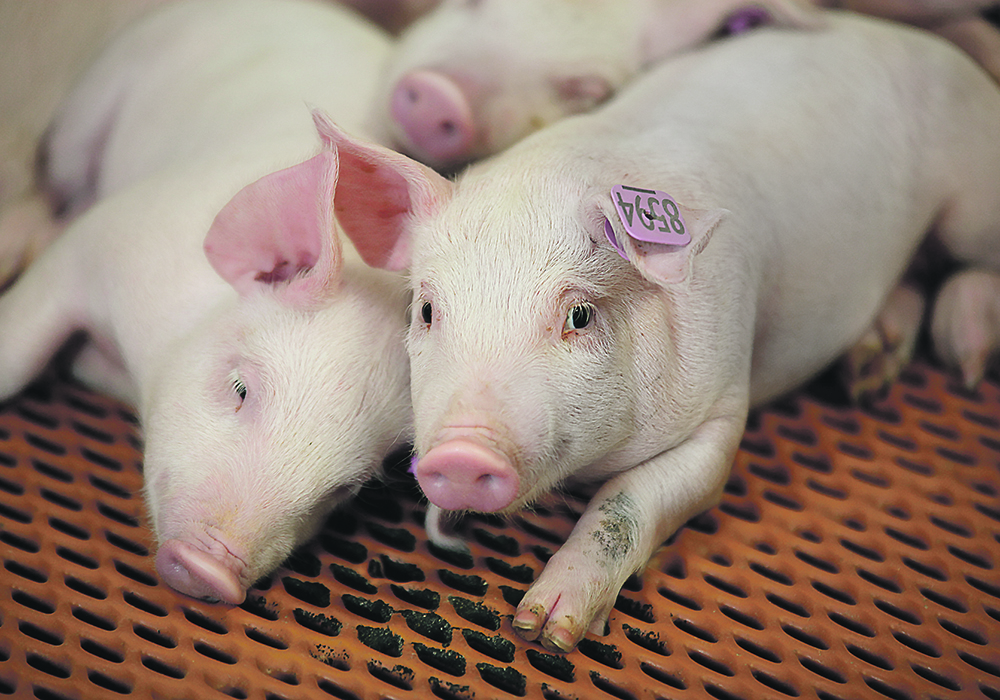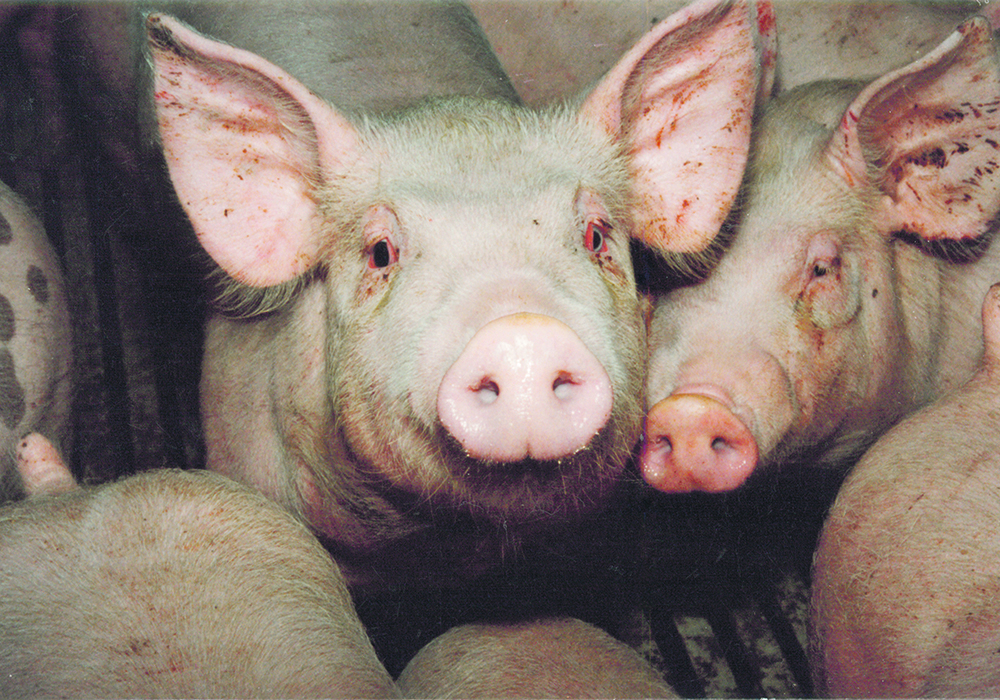The sector recognizes that stamping out the virus is labour intensive, but living with the disease is becoming impossible
Sometimes it’s best to live with a virus. Sometimes it’s better to try to stamp it out.
For managing porcine epidemic diarrhea virus in Manitoba, the Manitoba Pork Council is urging producers to embrace the latter. PED-zero is hard to achieve, but living with PED is becoming impossible.
“It’s intensive,” Jenelle Hamblin of MPC said in an interview during the Manitoba Swine Seminar about trying to live with the piglet-killing disease.
“It’s labour intensive. You’re always kind of on edge.”
Read Also

New coal mine proposal met with old concerns
A smaller version of the previously rejected Grassy Mountain coal mine project in Crowsnest Pass is back on the table, and the Livingstone Landowners Group continues to voice concerns about the environmental risks.
Manitoba’s hog producers are being urged to try to completely eliminate PED wherever it appears, especially in the hog-dense areas of southeastern Manitoba where the disease has repeatedly hit barns and herds.
The recent waves of the disease were slow coming to Manitoba from the United States, where it has been a perennial problem in the Midwest and other areas with many hog barns. Farmers have been hit, have seen huge losses of baby pigs, and have attempted to eradicate the disease from their barns by depopulating, sanitizing their barns, following tight biosecurity protocols and constantly monitoring their herds. Regardless, many have seen repeated outbreaks despite all these measures.
Some American hog farmers gave up fighting PED and have attempted to live with it, allowing exposed sows to remain within a herd and hopefully create herd immunity, while managing small outbreaks.
This approach, in the view of most in the U.S. industry, has not worked.
“It’s just as much work, if not more work, to continue to manage this disease inside the farm and deal with these re-breaks and deal with this lost production,” said Hamblin.
A particular concern is that barn staff get worn out. All the extra management exhausts everybody on the farm.
“They’re tired of it,” said Hamblin of U.S. farmers in often-infected areas.
“They’re tired of having to continue to manage the situation.”
Manitoba’s core sow farm region has experienced a fresh wave of PED infections about every two years since 2017. The situation was particularly bad last year, with 131 locations being infected.
“It was a terrible winter in 2020-21,” said Hamblin.
If the two-year pattern holds, this year shouldn’t be as bad, but another wave is expected for 2024. The industry doesn’t think that can be completely avoided, but minimizing the spread is an attainable goal.
However, that will require all farmers to work toward elimination. U.S. experience shows that few will be successful in eliminating PED if their neighbours don’t try for the same result.
“The region has to be on the same page,” said Hamblin.
If all farmers can attempt to eliminate the disease, then the future should look much better, she said. The goal for 2027 is to see PED eliminated from 96 percent of the industry.
The disease is so virulent and widespread in surrounding regions that making Manitoba 100 percent PED-free doesn’t seem achievable, but by clamping down on it wherever it appears, it is hoped that it can be turned into a sporadic management issue rather than an industry epidemic.
“If everybody chooses elimination, you have a better chance of eliminating,” said Hamblin.




